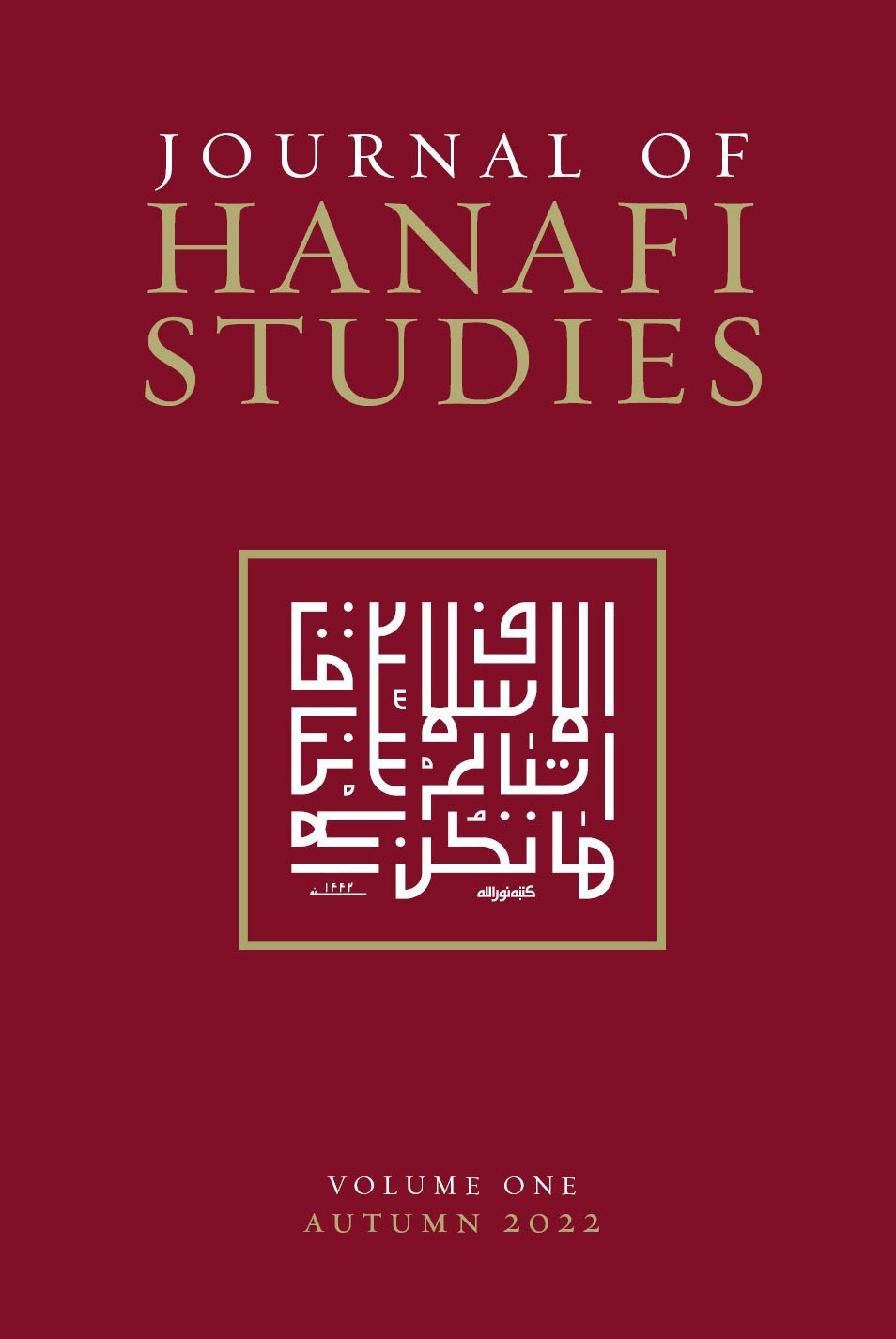
Early Ḥanafī Theories on Qirāʾāt Canonization and Legal Authority
Yousef Aly Wahb
Abstract
Academic attention has been drawn to the topic of multiple Qurʾānic readings (qirāʾāt) given its importance in accessing under-researched Islamic hermeneutical literature. Indeed, the qirāʾāt extend beyond modes of recitation or exegetical traditions to theological conceptions of the Qurʾān, its inimitability, and textual authenticity. The qirāʾāt critically contribute to the legal reasoning of understanding the Qurʾān as a primary source of Islamic law and are utilized in the deduction (istinbāṭ) of its rulings. This interdisciplinary query draws on multifaceted discourses. While theologians are concerned with the textual inimitability of the Qurʾān as a proof of the divine origins of Qurʾānic speech, legal theoreticians (uṣūlīs) scrutinize its legal authority within the taxonomy of the primary and secondary sources of law. In investigating the authenticity of oral and written transmission, scholars of Qurʾān transmission (qurrāʾ) sought to standardize the canonized readings.
This article traces the Ḥanafī school’s early (second–fifth-/eighth–eleventh-century) interactions with qirāʾāt and examines the development of Ḥanafī doctrines on qirāʾāt canonization and legal authority. It argues that the school’s methodological treatment of qirāʾāt prior to the settlement of canonized readings undermines the claim that the qirāʾāt developed as a result of legal polemics or doctrinal affiliation. Section 1 reviews qirāʾāt history in the locality where Ḥanafī jurisprudence originated, explores the school’s early engagement with qirāʾāt, and investigates Abū Ḥanīfa’s individual reading and position as a qārī. Section 2 identifies Ḥanafī legal theories of transmission and authentication concomitant to the canonization of qirāʾāt and discusses their impact on deriving legal applications. Section 3 surveys later Ḥanafī qirāʾāt literature and addresses the school’s association with today’s dominant Ḥafṣ narration (riwāya).

Key Words
Ḥanafī, qirāʾāt, uṣūl al-fiqh, transmission, canonization
